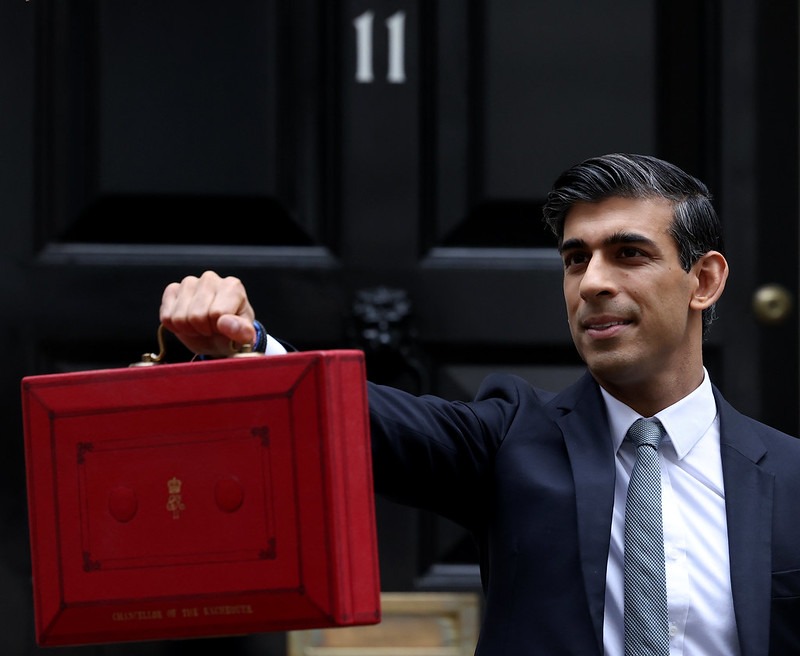Chancellor Rishi Sunak delivered his Autumn Budget 2021 to the House of Commons in late October, detailing GDP and inflation forecasts, spending plans for public services, and a range of personal announcements.
We had expected a series of tax rises to remove some of the £413 billion the Bank of England pumped into the economy during the pandemic to keep businesses alive.
Although the Budget wasn’t as far reaching as we had predicted, it still contained some significant announcements for small businesses.
So, what does the Chancellor’s Budget mean for SMEs?
Business rates reform
A key announcement for small businesses was confirmation of reforms to business rates.
For months now, rates have threatened four out of five retailers with closure as they faced going from temporarily paying just 33% of business rates, to owing the regular amount after the 2021/22 financial year.
Now though, eligible retail businesses, as well as eligible hospitality and leisure organisations, will only have to pay 50% of their business rates next financial year.
Meanwhile, the Chancellor announced revaluations of business rates will now occur every three years, as opposed to every five years, which will “make the system fairer and timelier”.
Additionally, the rate multiplier will be frozen for 2022/23 – which will save businesses in England a total of £4.6bn over the next five years, according to Treasury figures.
National living wage
From 1 April 2022, the national living wage will increase from £8.91 an hour to £9.50, which is an automatic pay rise of 6.6% for some of the lowest paid in the country.
This is good news for these people, who will be able to take more income home to their families. Businesses, though – especially SMEs with a small turnover – will have to plan for increased costs brought by the new national living wage.
As Jane Gratton, head of people policy at the British Chambers of Commerce, said:
“There is a limit to how much more firms can continue to absorb rising costs before they have to raise their own prices adding to inflationary pressures.
“The best way to sustainably increase wages is to help firms boost their skills and productivity.”
Recovery loan scheme deadline extension
Despite it not making it into Sunak’s Budget speech, the recovery loan scheme has been extended, the full Budget document revealed.
The government introduced the coronavirus loan scheme in its Spring Budget 2021 to replace other ones, including the coronavirus business interruption loan scheme.
It was due to end on 31 December 2021, but will now run until 30 June 2022. However, what businesses can get is subject to whether they claim in 2021 or 2022.
If you claim before the new year, you can borrow between £25,001 and £10 million from certain lenders, for up to three years.
You’ll still be liable for your loan, but with an upper limit on interest rates of 14.99%, it might be an attractive proposition for you. What’s more, because 80% of a lender’s investment is backed by the government, you might find it easier to persuade one to loan to you.
From 1 January 2022, however, you will only be able to claim up to £2m, so if you need an easy way to get hold of more than that, don’t delay to claim your recovery loan.
Get in contact for help with your recovery loan application.
